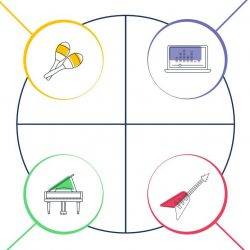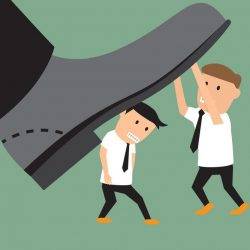To provide the best experiences, we use technologies like cookies to store and/or access device information. Consenting to these technologies will allow us to process data such as browsing behaviour or unique IDs on this site. Not consenting or withdrawing consent, may adversely affect certain features and functions.
The technical storage or access is strictly necessary for the legitimate purpose of enabling the use of a specific service explicitly requested by the subscriber or user, or for the sole purpose of carrying out the transmission of a communication over an electronic communications network.
The technical storage or access is necessary for the legitimate purpose of storing preferences that are not requested by the subscriber or user.
The technical storage or access that is used exclusively for statistical purposes.
The technical storage or access that is used exclusively for anonymous statistical purposes. Without a subpoena, voluntary compliance on the part of your Internet Service Provider, or additional records from a third party, information stored or retrieved for this purpose alone cannot usually be used to identify you.
The technical storage or access is required to create user profiles to send advertising, or to track the user on a website or across several websites for similar marketing purposes.
 Companies are being overwhelmed by innovation projects, fewer than half of which even make it to market. That is according to a new report from Oracle, based on a poll of more than 5,000 decision makers from 24 countries. Despite what the report claims is a clear link between growth and innovation, organisations are being held back by poor processes and a lack of focus. The report suggests that innovation barriers are particularly pronounced amongst big companies, as well as companies experiencing higher growth rates.
Companies are being overwhelmed by innovation projects, fewer than half of which even make it to market. That is according to a new report from Oracle, based on a poll of more than 5,000 decision makers from 24 countries. Despite what the report claims is a clear link between growth and innovation, organisations are being held back by poor processes and a lack of focus. The report suggests that innovation barriers are particularly pronounced amongst big companies, as well as companies experiencing higher growth rates.































February 19, 2019
Cold noses and warm design; a review of the Stockholm Furniture Fair
by John Sacks • Comment, Workplace design
(more…)